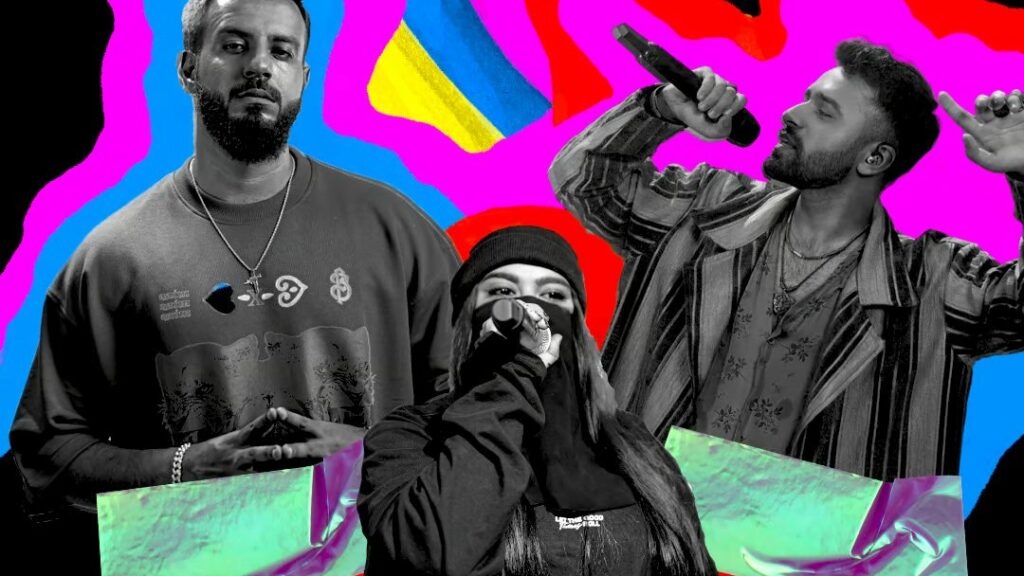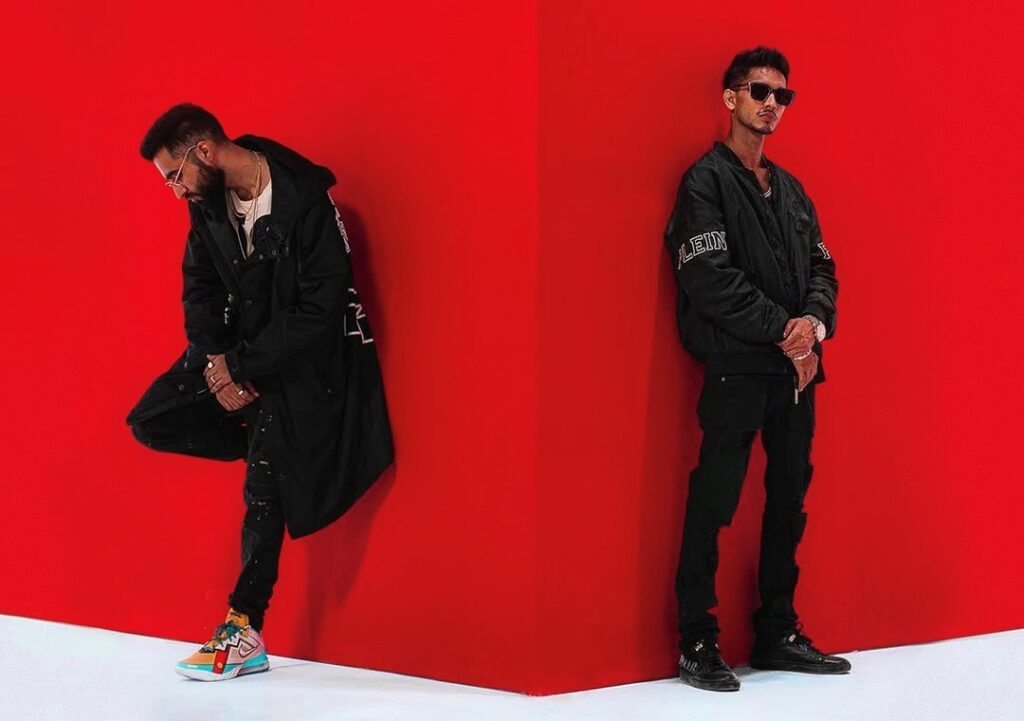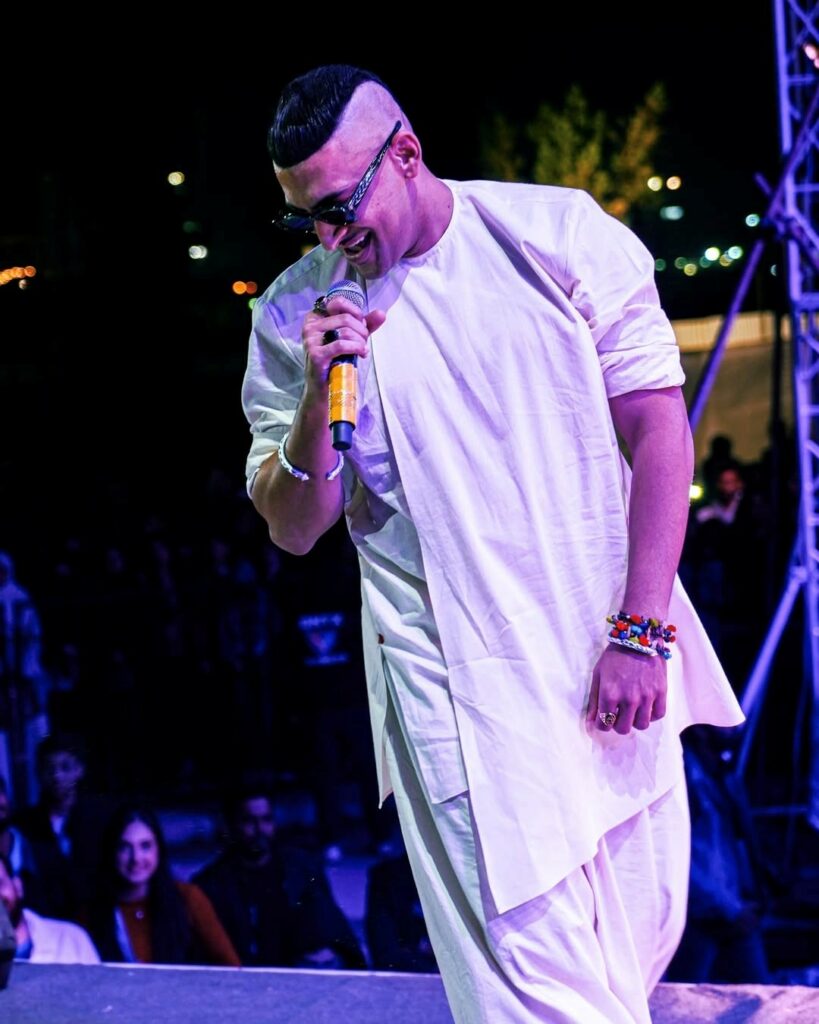
Pakistani music has always mirrored the nation’s rich, complicated, and continually growing soul. But in recent years, one genre that has risen above the noise is hip-hop. Rap in Pakistan was once dismissed as a Western import. Now, it has become the loudest, rawest, and most unabashed voice of a restless youth. It’s not just music; it is a movement fueled by stories too real to ignore.
Back to Where It Started
Returning to Pakistan’s musical heritage is necessary to comprehend how rap established itself there. Punjabi bhangra and qawwali are two examples of folk traditions that have long used rhyme and rhythm to unite people, question social norms, and create enduring narratives. The groundwork was established by legends Alam Lohar and Nusrat Fateh Ali Khan, whose poetical skill and soul-stirring delivery created the groundwork.
Their music wasn’t rap. However, it shared the same rebellious vibe. It was rhythmic and characterized by unadulterated honesty. However, in the 2000s, there was a new wave in rap, with bands like EP (Entity Paradigm) and Noori at the forefront of the underground rock and indie movements, providing unadulterated vitality to the scene. Their songs encapsulated the annoyances of a young person battling with change and identity.
However, to be honest, in Pakistan, rap did not begin with dazzling visuals or clever advertising. With the help of inexpensive microphones, illegal software, and a desire to tell the truth, it started in back alleys and basements. Websites like YouTube and Patari became lifelines. They offered platforms for musicians who resisted being suppressed by industry gatekeepers.
Since artists told their stories on their terms, the underground scene flourished on honesty. As a Pakistani American, Bohemia was one of the first pioneers. His Punjabi rap songs, such as “Kali Denali,” resonated with South Asian audiences worldwide by fusing hip-hop swagger with desi aesthetics. Despite having a more commercially appealing perspective, Bohemia led the way for a new generation of Pakistani rappers eager to take the genre to new heights.
The Rap in Pakistan: Something to Watch Out For
Pakistani rap is unique. It’s not just a form of amusement; it’s a cultural movement. The genre serves as a platform for societal criticism. Rappers address important topics, including economic inequality, stigma around mental health, gender inequity, and urban alienation, through honest and moving rhymes. Pakistani rap, based on empowerment, defiance, and the unrelenting pursuit of change, has emerged as the youth’s unabashed voice by expressing a generation’s hardships and ambitions.
The Spotlight on Pakistani Rap Artists

Young Stunners are at the forefront right now. The Karachi-based duo of Talha Anjum and Talha Yunus have reinterpreted Urdu rap. In their hands, it has become a true art form. Like the reflective “Gumaan” or the emotional “Afsanay,” their songs are incredibly intimate yet widely relatable. Another moving song, “Dear Zainab,” confronts cultural stigmas associated with mental health and emotional vulnerability while tackling themes of loss, mourning, and perseverance. As topics like heartbreak, mental health, and the struggles of city life reoccur throughout their verses, their songs seem to be a conversation with the listener.
On the other side, Faris Shafi is Pakistani rap’s courageous soul. Not only does Faris rap, but he provokes with his incisive lyrics and unapologetic comments. His songs address many topics, including social hypocrisy and mental health, and his delivery is just as passionate as his content.
Speaking about the evolution of rap, Faris mentions, “Rap in Pakistan is really starting to break through. It used to be this niche thing, but now it’s everywhere. What’s awesome about rap is how accessible it is. You don’t need much to get started; you just need to share your thoughts and find a way to connect with your people. It’s a real reflection of our culture and what we’re about.”
He adds, “It’s also giving rise to a whole new generation of artists and is becoming one of our biggest exports. People are noticing, and international labels are getting interested in what Pakistan’s doing with rap. It’s connecting us with people worldwide, and some amazing collaborations are happening. The future of Pakistani rap here is looking really bright; it’s giving Pakistan a spot on the map and bringing our culture to the global stage.”

“Nothing is better than Faris in Desi Hip Hop right now,” says Yo Yo Honey Singh in an interview. “I am excited to be producing his next album,” he added.
Last year, Faris Shafi was seen with Indian music producer and actor Honey Singh, which also sparked excitement among fans on both sides of the border—the sight of Shafi and Singh in a recording studio generated waves of speculation among fans, too.
Take his Coke Studio hit “Blockbuster,” a collaboration with Umair Butt and Gharwi Group, which combines rap and traditional rhythms, or “Nazar,” a vicious indictment of cultural double standards. Faris has an unstoppable flow, and his bars are full of humor and unfiltered emotion. His music is both an art form and a weapon because he doesn’t hesitate to venture into the uneasy.
More than merely a song, “Blockbuster” is a masterpiece that exemplifies the boundless possibilities of Pakistani rap. Xulfi and Faris’ incisive voice produce music that defies genres and leaves a lasting impression. It’s a statement rather than merely a hit.
No discussion regarding Pakistani rap would be complete without mentioning Eva B, the rapper from Karachi who is revolutionizing the hip-hop landscape as a woman. With each verse of her bold lyrics, Eva B breaks prejudices.
Her breakthrough single, “Kana Yari,” blends Urdu with Balochi to produce a distinctive and potent sound. Her music is about completely redefining the rules, not merely breaking into a male-dominated field. Her honest and intensely intimate lyrics address identity, resiliency, and strength. Pakistani rap is for anyone brave enough to take the front stage, as she is an artist and a movement in her own right.
Establishing International Presence
Not only is Pakistani rap flourishing domestically, but it is also gaining international recognition. Artists like Eva B, Faris Shafi, and Young Stunners are making their way onto international radios and connecting with listeners well beyond the nation’s boundaries. The growing frequency of collaborations with foreign producers and musicians further cement the genre’s position on the global scene. It has a more promising future than before.
The possibilities are unlimited as the genre gains popularity and a new generation of musicians emerges. Pakistani rap is highlighting that it is here to stay, whether it be through daring collaborations, creative beats, or a return to its underground origins. This is a societal change rather than just a musical fad. Beyond lines and beats, rap in Pakistan is about breaking down barriers, sharing stories, and creating a platform for a youth that will not be silent.
Rolling Stone UK newsroom and editorial staff were not involved in the creation of this featured content
